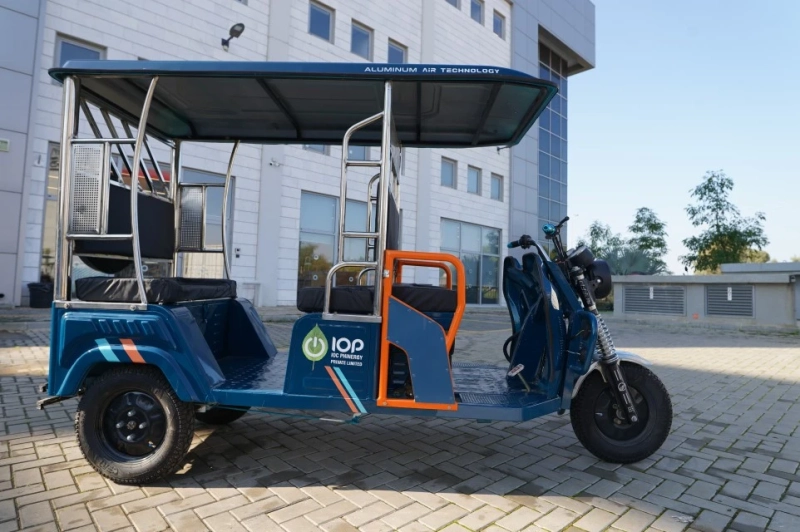As the world grapples with the pressing need to reduce its reliance on fossil fuels, researchers and scientists are exploring innovative technologies that could provide sustainable and efficient energy solutions. One such promising technology is the aluminum fuel cell, which has the potential to revolutionize the way we generate and store energy.
Aluminium fuel cell are a type of metal-air fuel cell that utilizes aluminum as the anode and atmospheric oxygen as the cathode. Unlike traditional fuel cells that use hydrogen as fuel, aluminum fuel cells employ a unique electrochemical process that involves the oxidation of aluminum to generate electricity.
The key advantage of aluminum fuel cells lies in their high energy density. Aluminum is a lightweight and abundant metal, making it an attractive choice for energy storage applications. Additionally, aluminum fuel cells have the potential to be more efficient and cost-effective than traditional batteries or hydrogen fuel cells.
One of the most promising applications of aluminum fuel cells is in the transportation sector, particularly for electric vehicles (EVs). The high energy density of aluminum fuel cells could significantly increase the range of EVs, addressing the range anxiety that has hindered widespread adoption of electric vehicles. Furthermore, the ability to quickly refuel aluminum fuel cells by replacing the spent aluminum anode could make long-distance travel more convenient.
However, aluminum fuel cells also face several challenges. One major issue is the need for efficient and reliable air management systems to ensure a continuous supply of oxygen to the cathode. Additionally, the byproducts of the electrochemical reaction, such as aluminum oxide, must be properly managed and recycled to maintain the fuel cell\'s efficiency and environmental sustainability.
Despite these challenges, research and development efforts are ongoing to address the limitations of aluminum fuel cells. Several companies and research institutions around the world are working to improve the technology and bring it closer to commercialization.
As the world continues its pursuit of sustainable energy solutions, aluminium fuel cell could play a pivotal role in powering the future. With their high energy density and potential for efficiency, they offer a promising alternative to traditional energy sources and could contribute to a more sustainable and environmentally friendly future.


